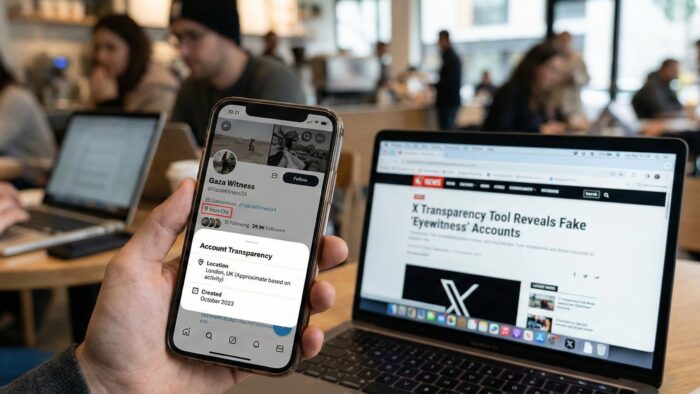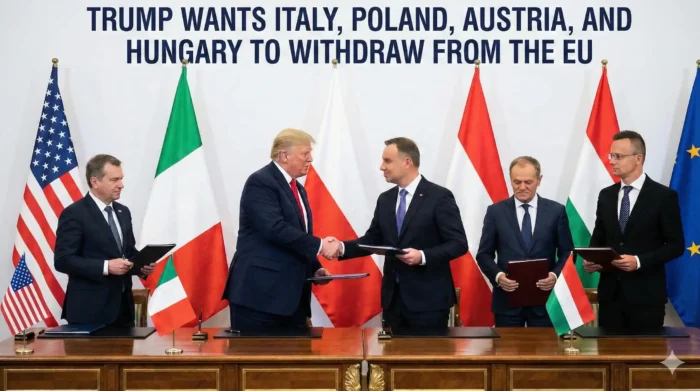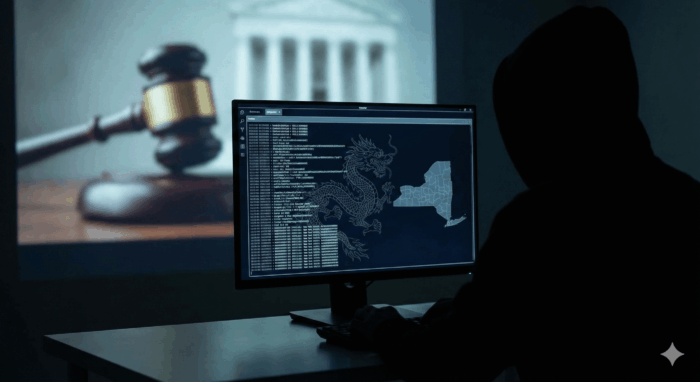US media reported in April that pro-Russian narratives have been gaining strength on mainstream Italian television since the start of the invasion. According to a report by Coda Story:
April 21, 2022 “There was a massacre in Bucha, but I honestly cannot say who did it,” declared the talk show guest as he launched into an argument that Ukrainians were, in fact, behind the Bucha massacre. It was a kind of argument I hear regularly on Russian state TV, but this one came from an Italian writer and commentator speaking to an almost million-strong audience of Zona Bianca, a prime time Sunday evening political talk show on Italy’s Rete4 channel. Alberto Fazolo spent two years living in eastern Ukraine after Russia first invaded in 2014. This year, as the war intensified so did his appearances across Italian radio and television, where he regularly argues the Russian government line. Fazolo is part of a much larger trend: the Italian television coverage of the war is peppered with Kremlin propaganda. From Kremlin advisors to state TV journalists, prime time Italian shows regularly give platform to guests who make arguments in favor of the invasion or repeat the Kremlin’s argument. When Russian missiles attacked a Ukrainian nuclear power station in mid-March, Marc Innaro, the Moscow correspondent for the national public broadcaster RAI reported instead “on the fire that erupted after a sabotage.” He appeared to be quoting directly from the Russian state agency TASS. Around the same time, Rete4 channel invited Kremlin idealogue Alexander Dugin to another one of its prime time evening shows. Dugin used the opportunity to explain, in fluent Italian, that Putin’s invasion was really the “war of values, a spiritual war.”
Read the rest here.
The Coda Story report notes that the proliferation of pro-Kremlin narratives on Italian television during the war is also silencing Ukrainian voices on the same shows. The report cites Kyiv-based journalist Olga Tokariuk who said she felt “manipulated and used” when forced into “surreal debates about Russian lies” with studio guests in Italy.
Since the start of Russia’s invasion of Ukraine, public and private Italian TV channels have regularly hosted Russian journalists to debate the war. On May 1, the private television channel Rete 4 broadcasted an interview with Russian foreign minister Sergei Lavrov in which he claimed that Adolf Hitler “had Jewish blood.” UK media recently reported that the screening coincided with the appearance of a prominent pro-Kremlin journalist on the rival channel La7, which triggered the launch of a parliamentary inquiry to investigate whether some Russian commentators appearing on TV networks could be on Putin’s payroll. According to a report by the Guardian:
May 9, 2022 An Italian parliamentary committee has begun an investigation into the spread of disinformation, reportedly amid suspicions that some Russian commentators hosted on television networks could be on Vladimir Putin’s payroll. The probe by Copasir, a parliamentary committee for the security of Italy, was triggered after an outcry over a recent interview with Russian foreign minister Sergei Lavrov on Rete 4, a channel operated by the privately owned Mediaset. Enrico Borghi, a member of Copasir and politician with the centre-left Democratic party, confirmed an investigation was under way but would neither confirm nor deny a report in la Repubblica on Monday that at least three unnamed Russian guests on Italian TV were on the Kremlin’s payroll.
Recent Global Influence Operations Report coverage of Russia’s influence operations in Italy has included:
- On March 31, we reported on leaked emails and documents showing how Russian influence group Tsargrad is cooperating with a host of far-right politicians and activists in Europe. These include Matteo Salvini, the former Italian deputy prime minister, and interior minister, and current leader of the far-right Lega party.
- On February 25, we reported that Matteo Renzi, former prime minister of Italy, resigned from the board of Delimobil, Russia’s largest car-sharing service, following Russia’s invasion of Ukraine.
- On February 1, we reported that Russian President Vladimir Putin held a video meeting with senior Italian business leaders to expand ties between Italy and Russia.
In February of this year, GIOR published a report on a new and developing alliance between US conservatives and European nationalists, a potential means for Russia to exert covert influence in Europe and the US, using Hungary as a platform. That report identified Rome as the site for a 2020 National Conservative conference attended by Matteo Salvini, identified above, as well as Rachele Mussolini, an Italian politician and councilor in Rome for the far-right Brothers Of Italy political party.









